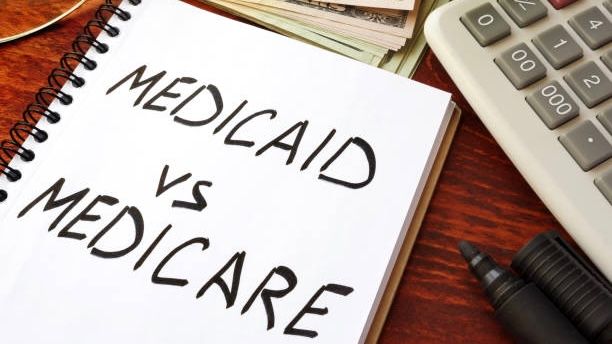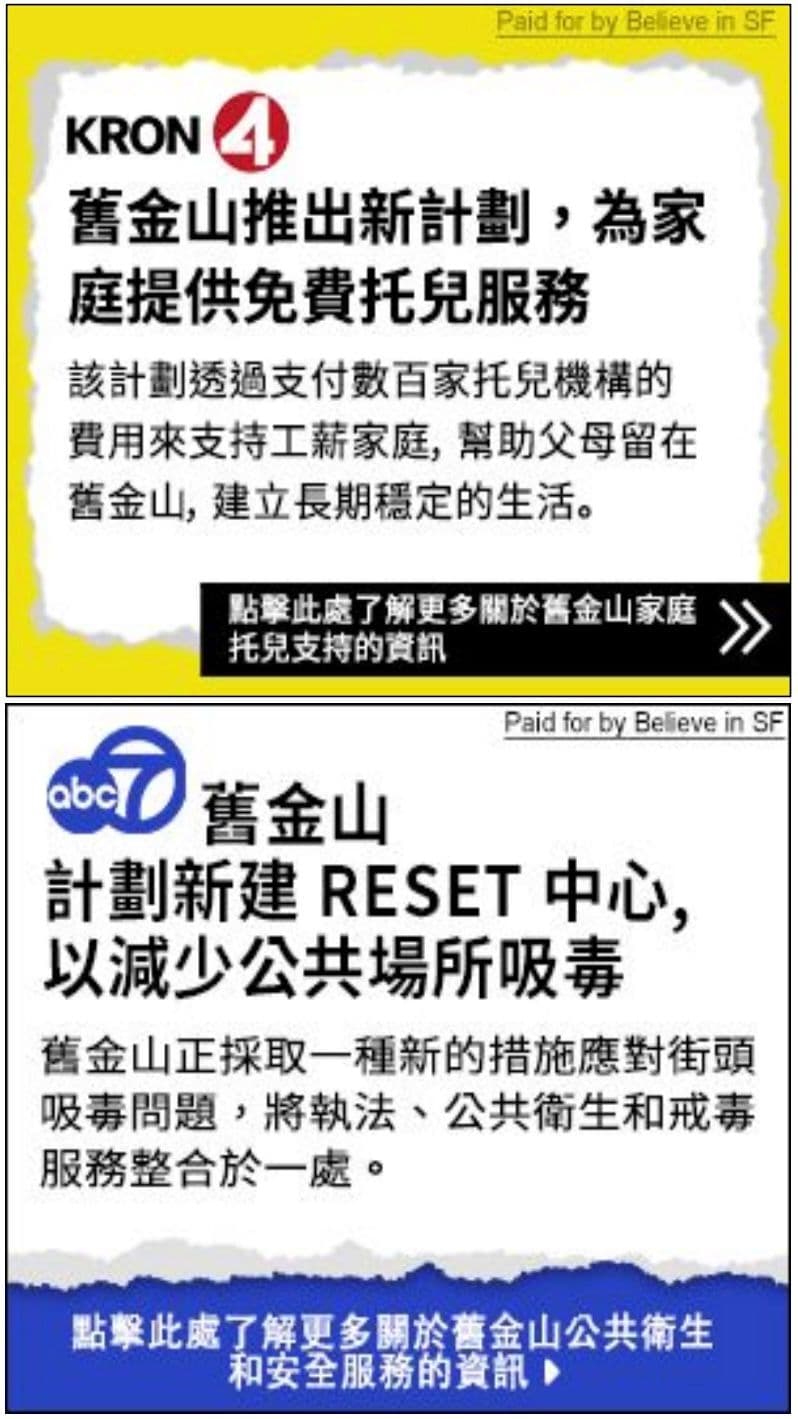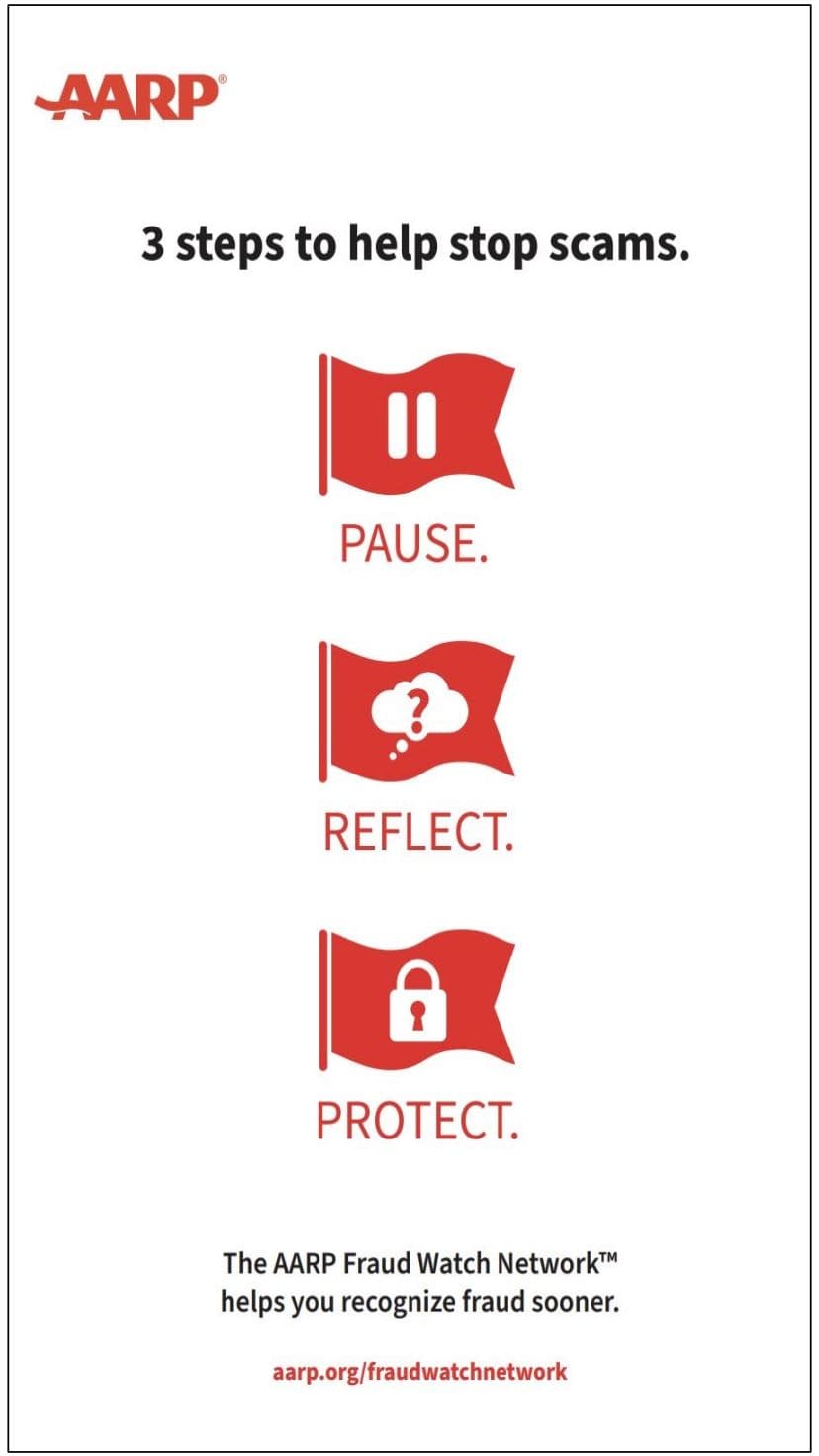NAPCA Column 17: Latest information on Medicaid and Medicare

When people turn 65, many face a shift in their health insurance coverage. Some may feel unsettled or frustrated to find out that their Medicaid coverage ends. In this month’s column, we will explain why this happens and what options may still be available.
Question 1: Why did I lose Medicaid after enrolling in Medicare at 65, even though my income hasn’t changed?
Answer 1: When you turn 65 and enroll in Medicare, your eligibility for Medicaid may change —even if you income stays the same. This is due to how Medicaid rules differ for people under and over the age of 65.
If you were previously covered under Expanded Medicaid—available in states that cover low-income adults under 65 earning up to 138% of the federal poverty level (FPL)—you may lose eligibility once you turn 65. In 2025, that limit is a monthly income of $1,800 for an individual or $2,432.25 for a couple.
Once you turn 65, you are evaluated under Medicaid for seniors, which uses stricter criteria. In addition to income, this program considers your assets (e.g. savings accounts, retirement funds). So even if your income hasn’t changed, having too much in assets can disqualify you from Medicaid. It’s also important to note that Medicaid eligibility rules and limits for seniors vary by state and are updated annually.
Question 2: Can I keep my Medicaid after enrolling in Medicare at age 65?
Answer 2: Yes—if you meet your state’s income and asset limits for seniors, you can still receive Medicaid alongside Medicare, making you a “dual eligible.”
If you receive Supplemental Security Income (SSI), you generally qualify for full Medicaid benefits. In 2025, the federal SSI limit is:
- Individual: Monthly income under $967 and assets under $2,000;
- Couple: Monthly income under $1,450 and assets under $3,000.
Some states offer State Supplementary Payments (SSP) or have higher income limits. For example:
- California: A couple may qualify with income up to $2432.25/month, and California does not count assets.
- Washington State: Limits match federal SSI—$1,450/month income and less than $3,000 in assets for a couple.
If you qualify, Medicaid can help pay for:
- Medicare Part A and B premiums;
- Deductibles and co-pays;
- Additional services not covered by Medicare, such as dental, vision, and long-term care.
You may also qualify for Extra Help, a program that lowers prescription drug costs under Medicare Part D.
Question 3: If I no longer qualify for full Medicaid coverage with Medicare, what other programs or assistance might be available to me?
Answer 3: If you’re not eligible for full Medicaid, you may still qualify for the Medicare Savings Program (MSP). This program helps pay for:
- Medicare Part B premiums;
- Part A premiums (if applicable);
- Sometimes other out-of-pocket costs.
Enrollment in MSPs also makes you automatically eligible for Extra Help with Part D costs. There are three types of MSPs, based on income level, and eligibility varies by state. Even if you don’t qualify for an MSP, you may still be eligible for Extra Help on its own.
In 2025, you may qualify for Extra Help if:
- Individual: Monthly income up to $1,956 and assets under $17,600;
- Couple: Monthly income up to $2,643 and assets under $35,130.
To find out what programs you’re eligible for, contact your state Medicaid office or call our Helpline for assistance.
* Established in 1979, National Asian Pacific Center on Aging (NAPCA) is a non-profit organization dedicated empowering older adults through advocacy and access to resources essential to their well-being and independence, regardless of language or culture. It operates a NAPCA Senior Assistance Center for Older Adults and Caregivers and is available in 5 different languages.
If you have questions about public benefits, there are 3 ways you can reach NAPCA:
Call: (English) 1-800-336-2722,
(Chinese Mandarin) 1-800-683-7427,
(Chinese Cantonese) 1-800-582-4218,
(Korean) 1-800-582-4259,
(Vietnamese) 1-800-582-4336,
Email: askNAPCA@napca.org
Mail: NAPCA Helpline, 1511 3rd Avenue, Suite 914, Seattle, WA 98101
- California state employees alarmed by demand to prove their citizenship or work eligibility
- “No Red Lanes on Ocean Avenue”, Chinese American merchants, residents and community members in San Francisco say
- Open Forum: Strong protest against unilateral street closure decision for SF Chinatown night market without merchant consultation
- Interim Police Chief Paul Yep honored for leadership with historic low crime rate and record high police hirings
- An increase in flu activity seen in SF Bay Area, experts recommend everyone aged 6 months and older to receive the flu vaccine
- SB 1234 is fully in effect in 2026 and requires employers to offer retirement plans to all employees, full-time, part-time & short-term
- Six power outages in Sunset District impact residents and businesses among strings of outages in San Francisco in Dec. 2025
- California bans all plastic carryout bags at retail stores starting January 1, 2026, only allows recycled paper bags to be distributed to customers






